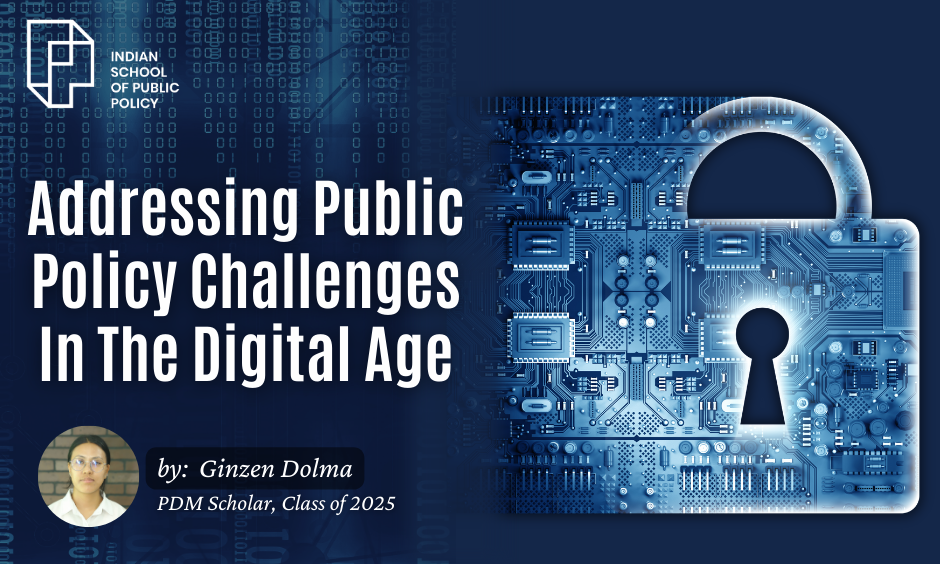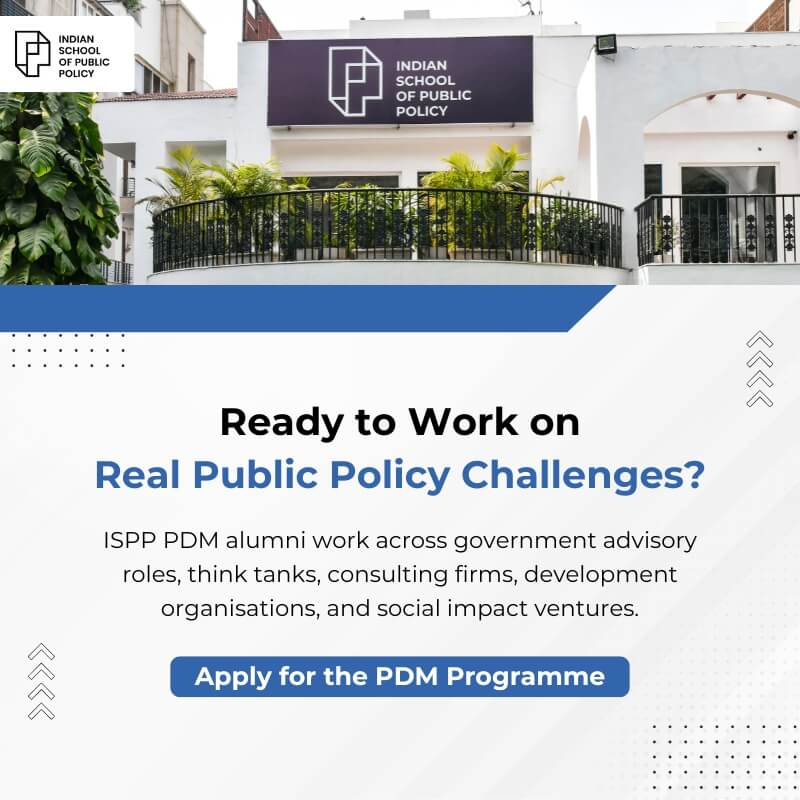Table of Contents
Addressing Public Policy Challenges In The Digital Age

Introduction:
Digital advancements bring incredible opportunities and make our lives easier in many ways. However, they also come with new risks that can be hard to predict. Governments and policymakers often find themselves scrambling to keep up with these rapid changes and understand their potential impacts. Balancing the benefits of new technologies with the need to manage their risks is a complex challenge in today’s fast-paced digital world.
Problem and challenges:
- Data protection and privacy: Safeguarding the personal data collected is the foremost challenge. The risk of data misuse and violation creates distrust of the government. Day by day it is becoming arduous for the government to balance digital technologies with the need to protect individual’s data.
- Cyber security: The shortage of skilled cybersecurity professionals is a significant barrier to improving security. Ensuring that there is a trained workforce to handle complex cyber threats is crucial. Responding to and recovering from cyber incidents require well-coordinated efforts and resources. Delays in response can exacerbate the impact of an attack.
- Threading human rights: The ethical implications of new technologies such as spreading misinformation, surveillance, algorithm biases are impacting human rights and democratic values.
- Providing equal digital access: There is a big gap between rural and urban. Urban people have access to digital technologies and rural people do not. Compared to the urban people, rural people are less educated when it comes to technologies.
- Emerging technologies: New technologies often lead to uncertainty and potential risk. Balancing new technologies and existing ones creates more challenges. Technologies like artificial intelligence, blockchain, and biotechnology raise new regulatory and ethical questions.
- Digital Governance and Public services: Nowadays, as services are increasingly moving online, maintaining service quality, ensuring equitable access, and safeguarding against digital exclusion become critical. Digital governance also raises issues of transparency and accountability.
Possible solution:
- Policy needs to create clear data privacy regulations and enforce transparency of data usage. There should be clear accountability and transparency . Government should also promote awareness of the importance of personal data and its consequences.
- Develop and expand educational programs focused on cybersecurity at various levels—high school, undergraduate, and graduate. Creating specialised cybersecurity degree programs and certifications that are aligned with current industry needs. Providing hands-on experience, partnership with technical institutes and internships.
- Implement robust strategies to identify and mitigate misinformation and disinformation online, ensuring that accurate information is promoted and false content is addressed. Create and enforce regulations that balance the need for security with respect for individual privacy and civil liberties.
- Invest in expanding high-speed internet infrastructure to rural areas. Develop and implement digital literacy and cybersecurity education programs tailored to rural populations. Encourage and support local tech initiatives and start-ups that address digital access issues in rural areas.
- Create adaptive and forward-looking regulations that can accommodate rapid technological advancements. Ensure transparency in how new technologies are developed and used, including clear communication about their capabilities and limitations. Invest in research to understand the potential impacts and risks associated with emerging technologies. Foster collaboration between governments, industry, academia, and civil society to address the challenges and opportunities of new technologies. Increase public awareness and understanding of emerging technologies and their implications. Use regulatory sandboxes to test new technologies in a controlled environment before full-scale deployment.
- Implement strategies to guarantee that all citizens have equal access to online services, regardless of their location or socio-economic status. Develop and enforce standards to ensure that online public services are reliable, user-friendly, and effective. Increase transparency and accountability in digital governance to build trust and ensure that online services are managed effectively.
Conclusion:
In the future there will be more technology advancement. There will be technology which will make our life easier and at the same time it will become difficult for the government, organisations and institutes to secure data. It is crucial for governments and policymakers to establish strong frameworks that prioritise data protection, cybersecurity, and human rights while ensuring equitable access to digital services. By encouraging education and awareness, promoting transparency, and encouraging innovation, we can create an adaptable digital landscape that harnesses the benefits of technology while effectively managing its risks. This will not only enhance trust in public institutions but also empower individuals and communities to develop in civil society, we can navigate the complexities of the digital era and build a future that is both inclusive and secure for all.
Register your Interest to Study at ISPP





